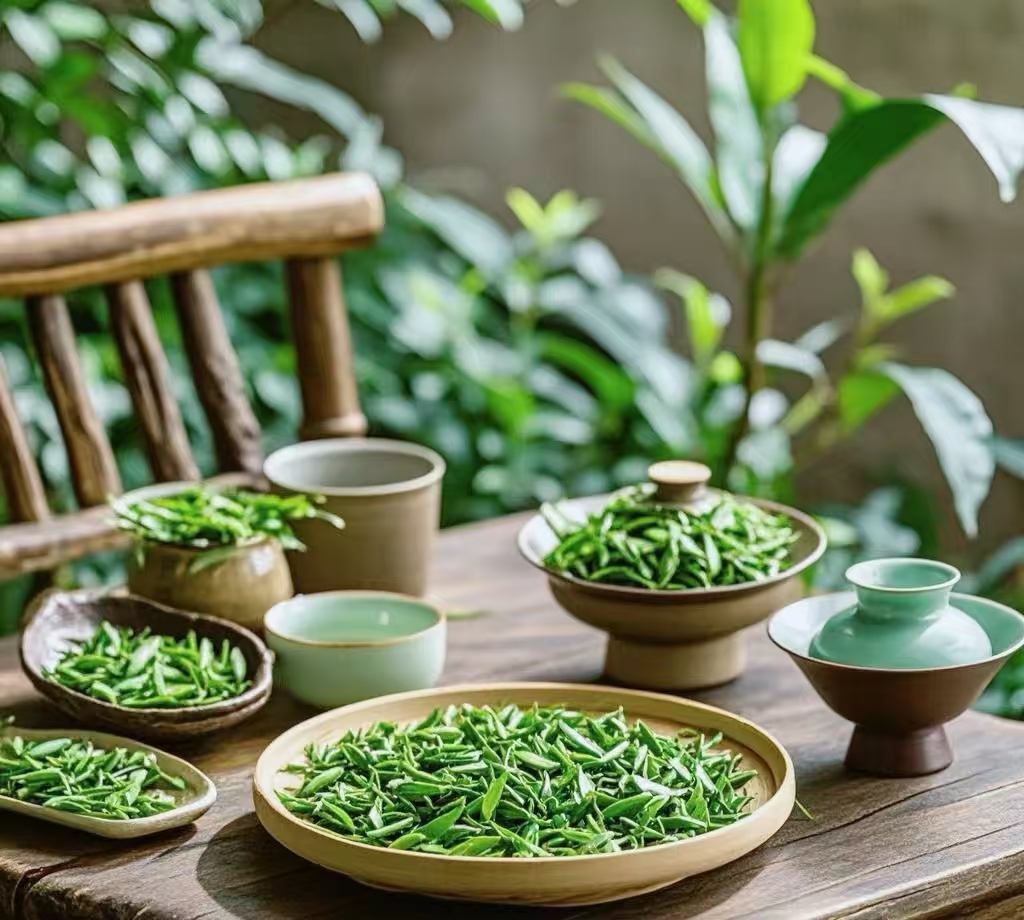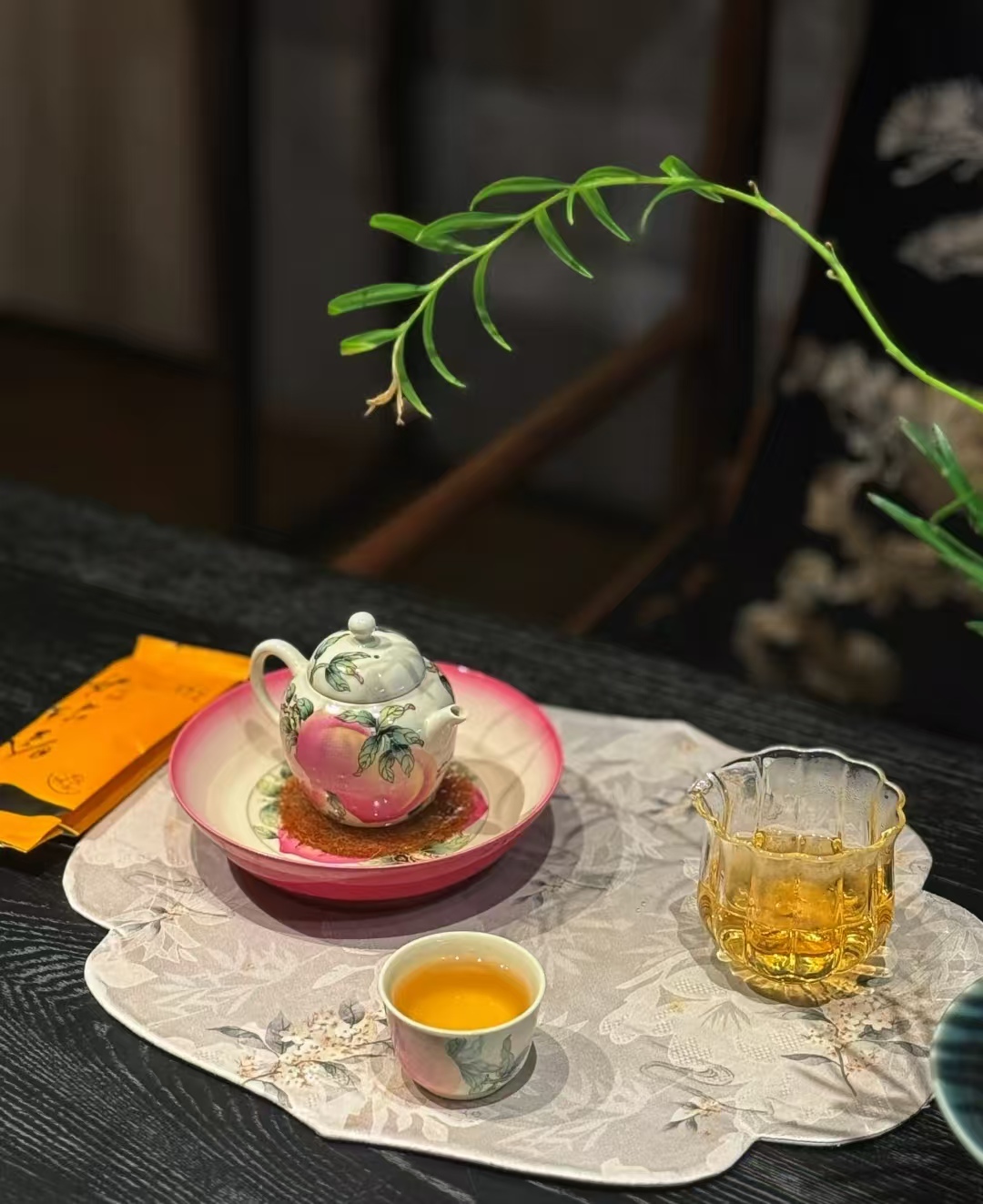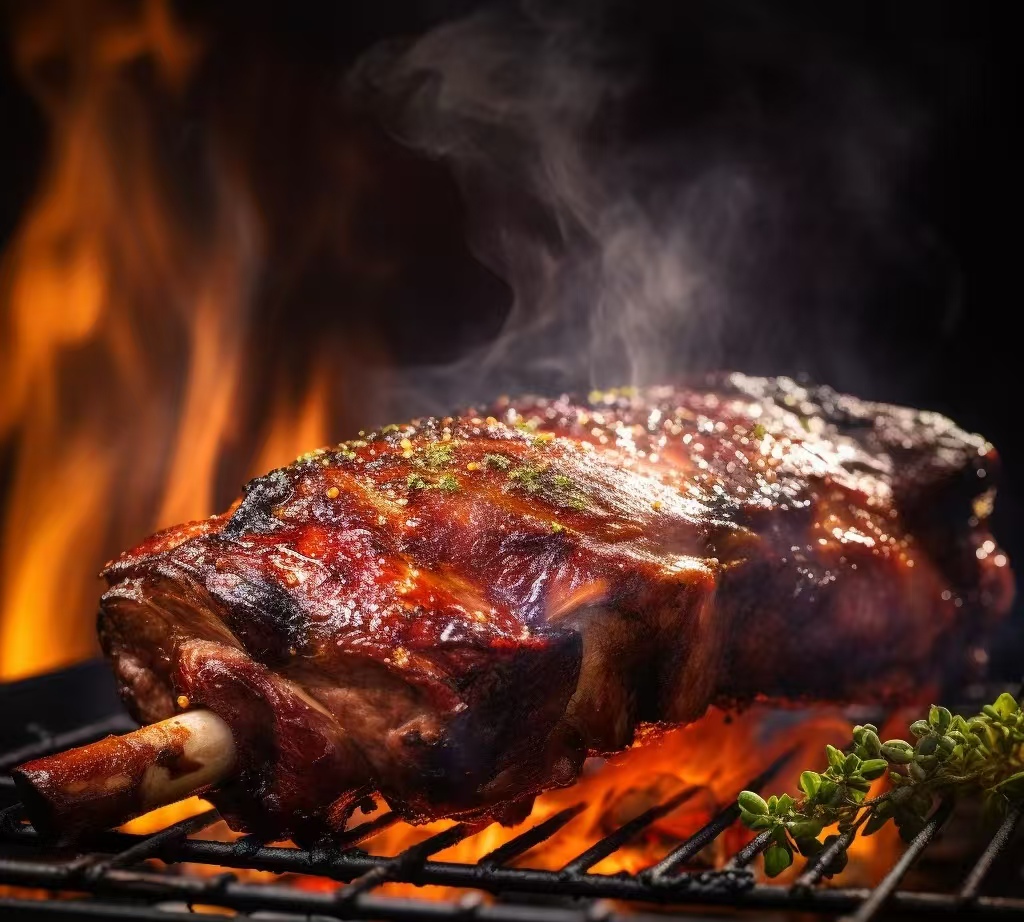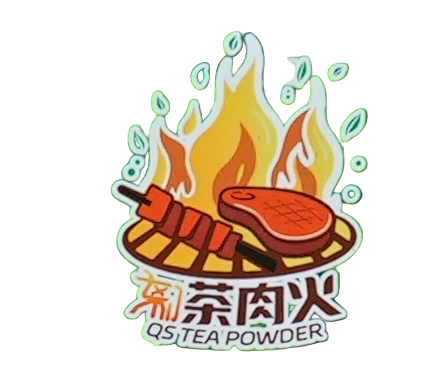Innovative integration of flour and baking ingredients, Different tea powders are adapted to the ingredients, unlocking a fresh and mellow taste, while also preserving freshness. With a practical guide, it interprets the culinary wisdom of blending the taste of cooking with clear tea.

1、 Tea: Eastern wisdom among plants and trees
The world of tea is a mobile geography of taste. The green tea in Jiangnan carries the freshness of spring rain, the Pu erh tea in Yunnan carries the fragrance of time, and the Wuyi rock tea hides the power of rock bone fragrance. These leaves are not only beverages, but also carry the spirit of the tea ceremony of "refinement, frugality, and virtue": Lu Yu wrote in the "Classic of Tea" that "when tea comes out, the wild rises", advocating for natural authenticity; During the Ming Dynasty, Xu Cishu emphasized the beauty of simplicity in tea by stating that "tea is frugal in nature and not suitable for broad consumption".

In addition to drinking, tea has already quietly integrated into diet: Hangzhou's Longjing tea cake adds elegance to the aroma of tea, and Guangdong's Tea Emperor Duck uses tea soup to remove fishy smell. The tannic acid in tea can soften meat, and tea polyphenols can resist oxidation and preserve freshness. These natural properties lay the foundation for its cross-border barbecue - when smoke and fire meet the fragrance of plants and trees, a taste revolution is brewing.
2、 Barbecue material: the taste base in cooking
The secret of the barbecue stall is hidden in the colorful powder cans. The pungent aroma of cumin, the spiciness of chili, and the awakening of pepper, combined with the blending of salt and sugar, form the "iron triangle" of traditional barbecue ingredients. They are like taste wizards, making the greasy lamb produce the roughness of Western wind and sand, and dyeing the delicious fish meat with the passion of cooking in the mortal world.
But traditional ingredients also have "troubles": lamb can become dry and astringent after being roasted for a long time, fish loses its original flavor after being coated with flour, heavy mouthed spices are piled up, and the tip of the tongue is only dry and hot. Just like the hunters in the Chu region of the Ming Dynasty, after returning from hunting, they set up bonfires to barbecue. Although they ate soundly, they often suffered from sore throat due to dryness and heat - until a doctor's encounter with tea rewrote this taste habit.
3、 Tea powder ingredient: Li Shizhen's inspiration shines
During the Jiajing period of the Ming Dynasty, hunters often appeared in the mountains and forests of Chu. They hunt wild boars and pheasants, roast meat with pine branches, and add coarse salt and spicy powder, but they are always plagued by "thirst after eating". On this day, the hunter Lao Chen returned from hunting and coincidentally, the physician Li Shizhen passed by while collecting herbs. Lao Chen's throat was sore and painful, but he insisted on grilling meat. Li Shizhen saw the strong tea on his desk and suddenly remembered the saying in the "Tea Classic" that "tea can relieve dryness and toxicity". He then took green tea powder and mixed it with cumin, tangerine peel, and licorice to make a "Tea barbecue seasoning".
After the mountain chicken is marinated with this ingredient, when it is roasted over charcoal fire, the tea aroma first breaks free from the constraints of oil and becomes entangled and rises with the pine smoke aroma. When biting the chicken leg, the tannic acid in the tea powder softens the fibers, and the chicken retains both the smoky aroma and the refreshing sweetness of green tea. Lao Chen exclaimed, 'Previously, grilling meat was like drinking strong liquor, but today it feels like sipping clear tea!'! As the news spread, hunters in the Chu region followed suit one after another, and tea barbecue seasoning ingredients became popular.
4、 Innovation Fusion: Unlocking the Taste of the New Universe
Tea barbecue seasoning is a taste experiment that combines hardness and softness;
- Green tea powder+seafood: The freshness of green tea can neutralize the fishy smell of seafood. Sprinkle a little when grilling oysters, and the fat and delicious oyster meat blends with the tea aroma, just like the spring river tide and the bright moon shining together;
- Black tea powder+red meat: The caramel aroma of black tea gives beef and mutton a rich and mellow base color. When grilling lamb chops, it is marinated with it, and the meat aroma reveals a sweet and mellow flavor similar to longan soup, relieving greasiness and enhancing aroma;
- Oolong tea powder+vegetables: The floral and fruity aroma of Oolong tea adds the finishing touch to the vegetables. When baking mushrooms, wrap this ingredient in it, and the freshness of the mushrooms collides with the elegance of the tea aroma, making it even more tempting than meat.

What's even better is the "freshness magic" of tea powder: tea polyphenols are antioxidant, allowing pickled ingredients to stay fresh for a long time, so there's no need to worry about spoilage when grilling outdoors. Just like the grilled ingredients that Li Shizhen blended back then, traveling through time and space, continuing the dialogue of "cooking and tea" in modern kitchens.
When the fragrance of tea powder penetrates the barbecue booth surrounded by fireworks, what we taste is not only the innovative delicious food, but also the Chinese food wisdom of "everything is harmonious". From Shen Nong tasting tea to Li Shizhen mixing roasted ingredients, the aroma of tea always flows between change and change - what remains unchanged is the reverence for the natural taste, and what changes is the infinite possibilities of cross-border integration.
Next time you barbecue, why not try using tea barbecue seasoning? Let the cool breeze of the mountains and the warmth of the charcoal fire join you in a conversation between ancient and modern times on your tongue.
